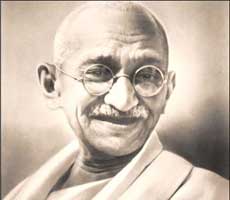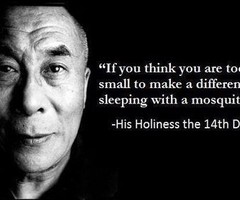Why Education..?
The Right of Children to Free and Compulsory Education Act or Right to Education Act (RTE) is an Act of the Parliament of India enacted on 4 August 2009, which describes the modalities of the importance of free and compulsory education for children between 6 and 14 in India under Article 21A of the Indian Constitution. India became one of 135 countries to make education a fundamental right of every child when the act came into force on 1 April 2010.
Everyone deserves the opportunity to attend high school or college, yet not everyone is fortunate enough to do so. We must make a conscious effort to provide education to those who cannot afford it. There is immense satisfaction in helping someone gain an education and witnessing them lead a dignified life. Education is not merely about attending classes or passing exams; it is about expanding knowledge. It equips individuals with the skills and understanding necessary to become employable and self-reliant. Countries with high literacy rates often enjoy greater prosperity, while in India, where literacy rates remain lower, many people continue to live below the poverty line. Ultimately, education is not just a personal benefit, it is a prerequisite for the economic and social prosperity of any nation.
Education can do much more than teach facts; it empowers us to express ourselves freely, boosts confidence, enables independent decision-making, protects against deception, reduces inequality, and much more. We must strive to ensure that as many citizens as possible are educated and self-reliant. The long-term benefits of education are immense and may well be the key to overcoming poverty. The more knowledge one possesses, the more one can grow. In the 1970s, “Food, Clothing, and Shelter” was a widely recognized slogan for basic necessities. Fifty years later, it is time to add education to that list, making it: Food, Clothing, Shelter, and Education.
While there are several reasons for India’s low literacy rate, many children drop out of school simply because they cannot afford to continue. Challenges such as a shortage of classrooms or lack of basic amenities like bathrooms and drinking water are often beyond the control of The Power of One. However, supporting children who are eager to continue their education is something the Trust is deeply committed to.
There are numerous charitable trusts in India, as well as individuals who provide financial support to help students pursue higher education. Many NGOs dedicated to social causes are making a real difference in communities across the country. The Power of One salutes all such organizations and aims to contribute in its own unique way. Many of us are fortunate and financially better off than others, and it is our responsibility to do our part by supporting those in need. But the impact goes beyond making a contribution. It is equally important to spread the word, so that more people can be reached and more lives transformed.
The Government of India has implemented several measures to improve literacy rates in villages and towns across the country. State governments have been directed to focus on districts and villages where poverty levels are high, ensuring that education reaches those who need it most. While India has made significant progress in literacy over the past decade, there is still much work to be done. The efforts of The Power of One, along with other education-focused NGOs, align closely with the vision and mission of the Ministry of Human Resource Development. Together, let us join hands to further improve literacy and empower more citizens through education.




